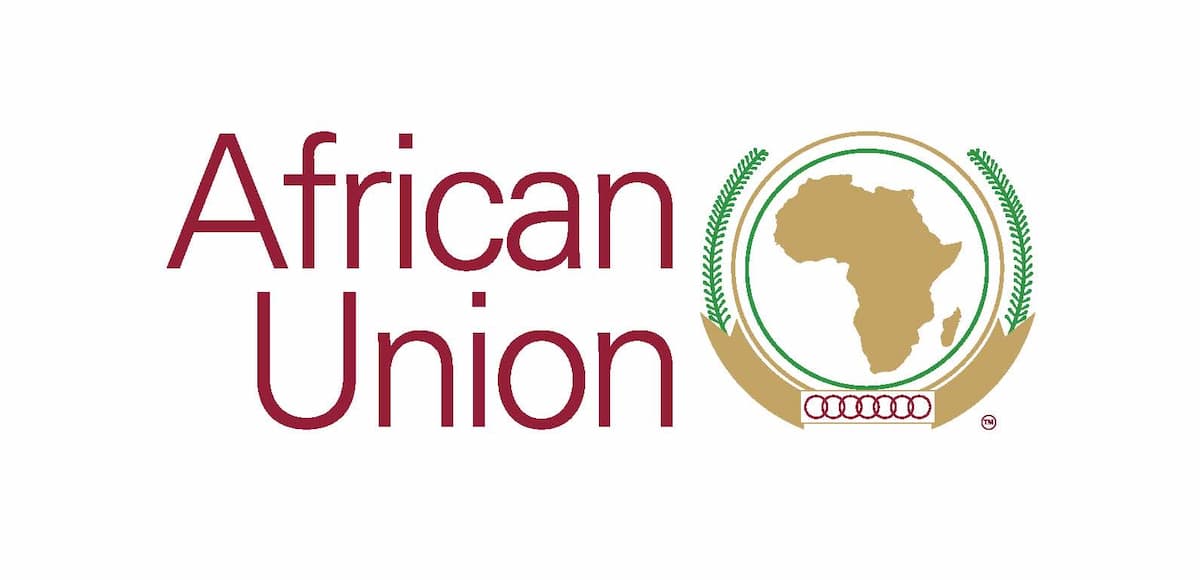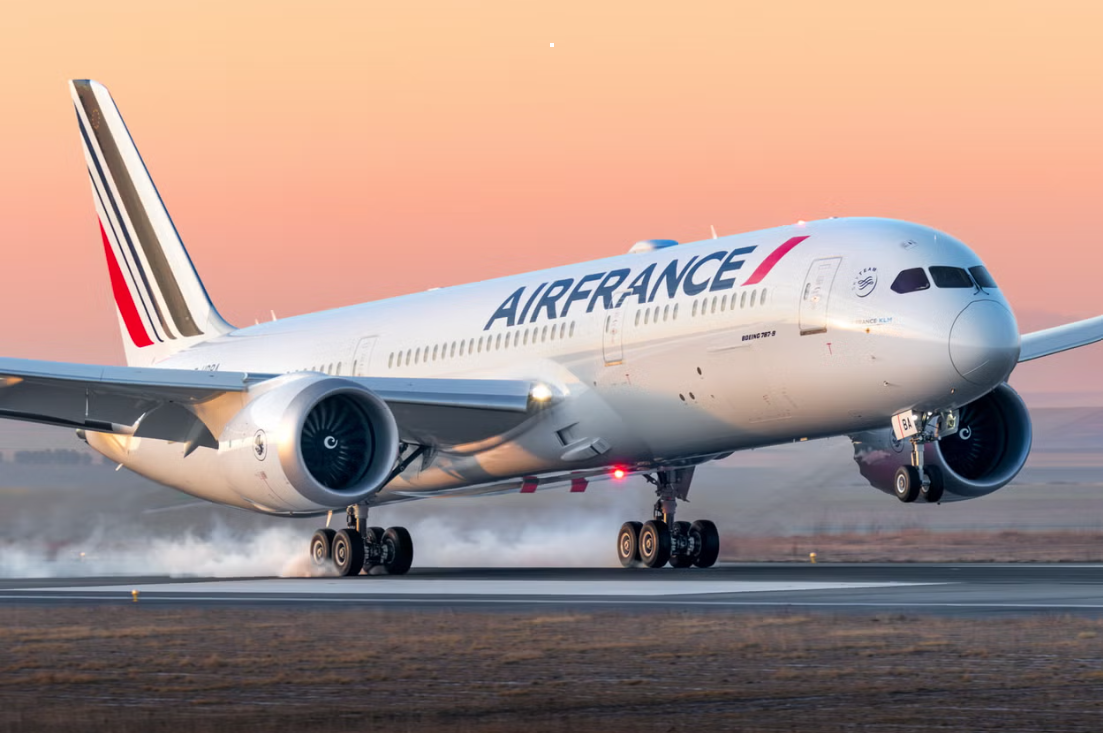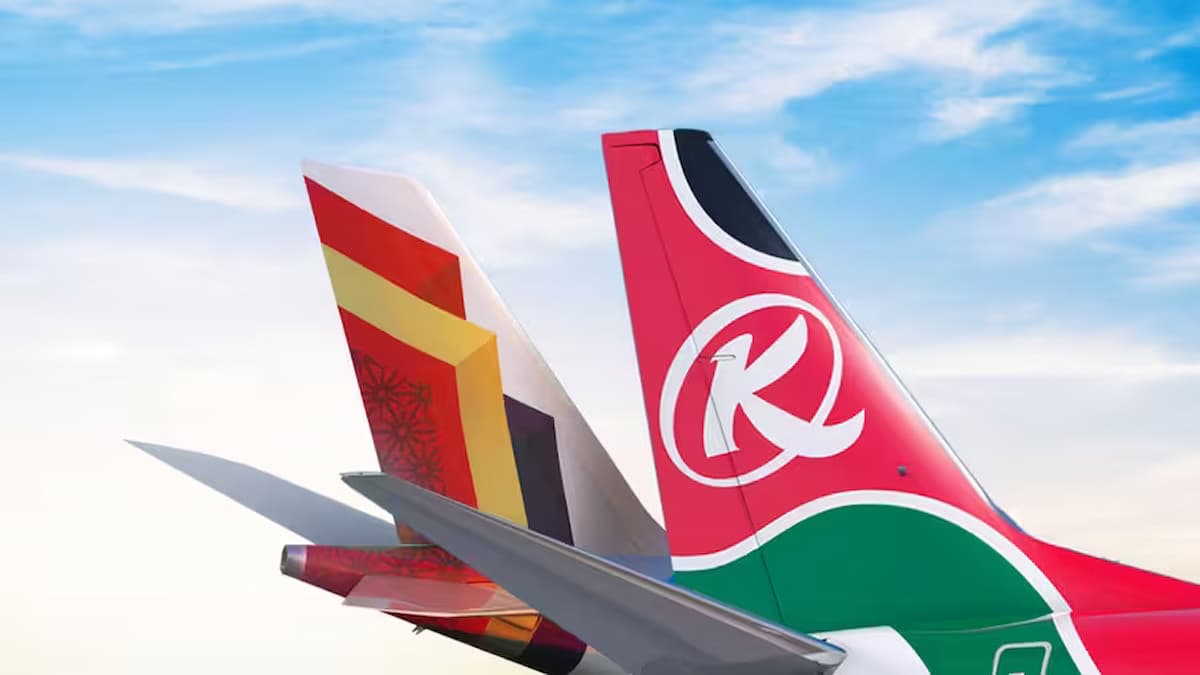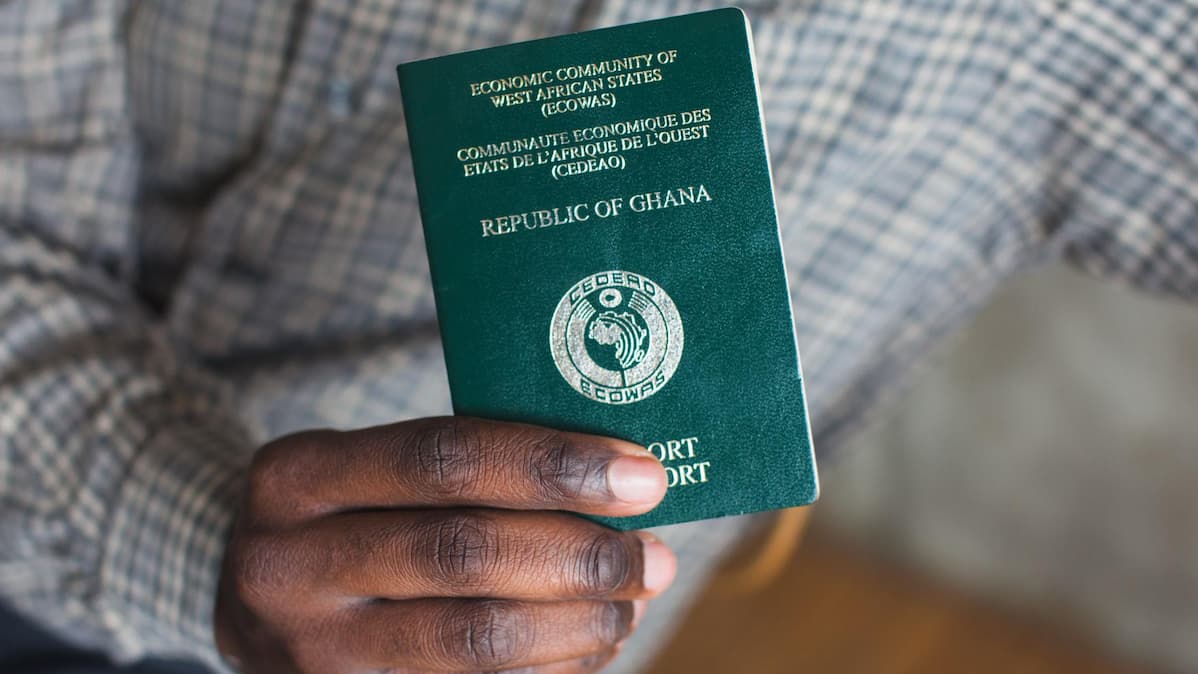Among notable shifts in responsible travel, “the industry as a whole has come a long way in recognizing its value,” said Kristin Winkaffe, head of the Travel For Better Foundation, an organization dedicated to creating a more sustainable future for the global community through education and fostering of industry-wide economic development. Winkaffe, who is also founder of Winkaffe Global Travel in Columbus, Ohio, cited a growing consensus among industry stakeholders that responsible travel “is not just a trend, but a necessity,” especially as climate change and overtourism remain pressing concerns.
Moreover, demand for responsible travel experiences is on the rise as travelers increasingly focus on vacations with a purpose. “Millennials and GenZ, in particular, are leading the charge,” said Winkaffe. “They’re asking questions about where their money is going and prioritizing sustainability and social impact. At the same time, older demographics — especially retirees — are embracing responsible travel, often because they’re looking for meaningful, legacy-focused experiences.”
Statistics, too, tell the tale. According to TravelPulse (sister publication to Travel Weekly), the sustainable travel market in the U.S. alone will grow from $66.22 billion in 2023 to $116.46 billion in 2029, making it the fastest-growing economic segment of the travel industry. Figures released by the World Travel & Tourism Council indicate that more than 70 percent of travelers now seek out sustainable tourism experiences.

Source: Quark Expeditions
Branching out
In general, responsible travel continues to be about making choices that prioritize the well-being of the destinations people visit. However, sources said, it has evolved to encompass several key areas, among them:
- Economy. Engaging in experiences designed and led by the local community falls under this umbrella, as do supporting local businesses and selecting independently owned accommodations. The objective: to ensure that tourism dollars benefit the destination itself while empowering residents.
- Planet. Here, responsible travel means minimizing environmental impact, supporting conservation efforts, and ensuring ethical wildlife interactions. It also involves focusing on excursions that contribute directly to protecting endangered species, participating in carbon offset programs and staying at properties that harness renewable energy.
- People. This centers on authentic, respectful engagement with local traditions, arts and heritage. Such exchanges are mutually beneficial to communities and travelers and don’t commodify or exploit the culture(s) being shared.
Not surprisingly, the more areas responsible travel has grown to include, the greater the variety of related activities travel advisors can — and should — offer to travelers, in turn better serving a wider breadth of clients while benefitting their own bottom line. Among them:
- Cultural immersion/educational programs that expose travelers to and foster interactions with local communities to learn about customs, cuisine and traditions. Programs through which guests engage directly with scientists and researchers to explore their findings also fall under this umbrella.
- Voluntourism programs, from assisting with wildlife to aiding in conservation efforts and/or the betterment of communities (for example, by helping to make improvements in housing, prepare and distribute food and the like.
- Adventure programs that expose travelers to nature and pave the way for wildlife observation, such as kayaking, trekking, mountain biking, paddling, helicopter-based activities and camping.
Some operators that specialize in responsible travel, such as Quark Expeditions tout activities that combine adventure with education and conservation. Activities range from wildlife observation and citizen science projects to cultural immersion programs, noted Lyndsey Lewis, head of sustainability. “For instance,” she said, “zodiac excursions and guided hikes let travelers experience (polar) environments intimately while learning about their fragility and importance and quietly observing wildlife in their natural habitat. Kayaking and stand-up paddleboarding provide opportunities to experience the environment at a slower pace and get closer to nature. On some voyages, guests have the chance to connect with researchers who use the ships as transportation to their field work sites, learning about their findings through presentations and conversations over meals. Citizen science programs like Happy Whale enable travelers to contribute meaningful data to global conservation efforts, extending the impact of their journey well beyond their actual trip.”
/How-Responsible-Travel-Is-Evolving--and-How-Adviso.jpg?n=1344&tr=w-600%2Ch-340%2Cfo-auto)
Source: Quark Expeditions
Positive partnerships
For travel advisors, successfully selling clients on these and other responsible travel activities is in large part a matter of finding the right tourism operators. According to Julia Wright, co-founder and manager of Epic Polar in New York City, N.Y., travel advisors should ask themselves which non-negotiable attributes they seek in provider partners and weed out those that lack them. In assessing candidates, she limits herself to polar expedition operators whose vessels carry no more than 200 passengers, in keeping with her belief that smaller ships offer a more in-depth, intimate experience. She also values partnerships with operators that prioritize education, because “the polar regions are incredibly vulnerable, and it’s important that travelers are made aware of the issues these areas face. Climate change, wildlife preservation, and continued support of indigenous communities are all key topics that make these trips not only memorable, but also impactful.”
Cynthia Davidson, CTC, CTIE, founder of and agent with Rivers Oceans & Expeditions in Toronto, Ontario, Canada, also advocates working only with responsible tourism partners that prioritize education, sustainability, and community support, as well as clear, documented sustainability commitments and transparent reporting on initiatives. Operators can and should demonstrate their commitment through training programs, regular communication about their initiatives and support in helping advisors articulate responsible travel values to clients.
Moreover, once formed, partnerships with responsible tourism operators require nurturing to keep them strong and mutually beneficial for operators and travel advisors alike, as well as to ensure positive outcomes for clients. This necessitates regular communication between parties, with travel advisors sharing client feedback (e.g., about programming requests, positive experiences, negative experiences, etc.) with operators and operators proactively informing travel advisors of new responsible tourism-related developments in their organizations and the industry as a whole. Discussing shared goals bodes well for relationships, too.
“Stay informed about partners’ operations,” and act on them if needed, Winkaffe added. For instance, she stated, if a partner’s sustainability commitments or offerings evolve, it behooves travel advisors to celebrate these improvements with their clients. Similarly, if standards slip, addressing such issues in a transparent manner is imperative. In short, Winkaffe asserted, “long-term partnerships thrive on mutual accountability and shared passion for responsible travel.”
Davidson makes a concerted effort to reach out to and maintain regular contact with operator partners even before she has sold one of their offerings to her clients. “I do this every two to four months, asking (operators) how things are going and whether there is anything new I should know about,” she noted. “It sometimes makes all the difference in the world for the relationship and the ability to educate and serve clients. It also shows that I’m serious about working with” the operator in question, supporting a spirit of cooperation.
Making the right match
Just as forming and maintaining the right operator partnerships is key for travel advisors who want to capitalize on the heightened popularity of responsible tourism, so, too, is matching clients with responsible travel activities that meet their needs and lead to overall satisfaction. For starters, travel advisors must glean a complete understanding of each client — what they value, how they like to travel, and what matters to them. “It’s easy to ask the basic questions of when, how, and how much,” asserted Wright. “But understanding their motivations and expectations is essential to finding the perfect fit.”
Sources have found that asking novice responsible travelers what they know about responsible tourism — and educating them about all the possibilities — expedites and improves the matching process. “Maybe a client doesn’t know the difference between, say, an expedition and a cruise, or that some operators feature different versions of the same activity,” tweaked to accommodate varying client needs,” Davidson stated. She cited as an example the fact that Quark Expeditions features faster- and slower-paced iterations of some adventure activities.
Regardless, “travel advisors can use all of this insight to tailor recommendations, explaining how these activities align with the client’s goals while positively impacting the destination,” said Winkaffe.
Lewis concurred, adding that successful matching of clients with responsible travel experiences is a matter of understanding both individual clients’ aspirations and operators’ capabilities. Only with such knowledge in hand can the best outcomes be expected.
Quark Expeditions: A Wealth of Activities in the Polar Regions
/Tundra-to-Table..jpg?n=5475&tr=w-700%2Ch-395%2Cfo-auto)
Tundra to Table. Source: Quark Expeditions
The polar travel industry has evolved as increasing numbers of operators introduce programs designed to “create deeper connections between travelers and the regions they visit,” according to Lyndsey Lewis, MB, P.Eng., head of sustainability, Quark Expeditions. The company offers a variety of options that provide travel advisors with compelling storytelling opportunities and unique selling propositions that appeal to (ever more conscious) travelers seeking purposeful experiences,” said Lewis. Here are few key examples:
- Tundra to Table, a one-of-a-kind, on-ship adventure. Guests experience the culinary traditions of the Inuit in Greenland and Nunavut, enjoying dishes from these Arctic regions as prepared by Inuit chefs from native ingredients, like seafood caught fresh from Arctic waters and free-roaming game. Chefs discuss the origins of the food served, using it to tell the story of the Inuit people.
- Sea Kayak Program, a small-group program available in Antarctica. Novice and seasoned paddlers — accompanied by experienced guides — explore fjords, glacial faces, or mazes of sea ice as they kayak multiple times throughout their voyage. Some excursions allow guests to go ashore for additional exploration.
- Paddling in the Polar Regions aboard easy-to-maneuver “sit-on-top” kayaks that afford participants the chance to explore the ocean from a more intimate vantage point. No experience is necessary to handle the kayaks, which are extremely stable. This guided excursion lasts 60 to 90 minutes and is offered on most Quark Expeditions voyages.
- Stand-Up Paddleboarding (SUPing). Travelers can stand or, if they prefer, kneel, sit, or lie down on the boards to absorb the surrounding scenery — for instance, spotting Gentoo penguins gliding below them or making eye contact with Weddell seals lying on a piece of ice. SUPing originated in Hawaii, and Quark Expeditions is the first company to bring it to Antarctica.
- Mountain Biking in the Arctic. Offered in tandem with local partners, Quark Expeditions’ mountain biking adventures provide unparalleled views of South Greenland’s stunning scenery. Twin-engine helicopters transport guests to the best terrain to begin their experience and pick them up at the end of the route, allowing them to cover new terrain throughout their journey.
- Greenland Camp Experience. Guests join local hosts at one of the most exclusive camps in Greenland. Small groups of travelers walk through landscapes and remote fjords, roam the tundra with a local chef who showcases local ingredients and prepares a meal from them, and spend the night in two-person tents.
- Antarctic Camping. Following dinner aboard their ship, guests are escorted ashore by Zodiac to camp out in the snow in ready-to-roll bivy sacks or, by request, tents. Travelers choose their camping spot, within a perimeter set up by Quark Expeditions staff.
- Helicopter Adventures that involve more than flightseeing. Guests can select from the most extensive menu of helicopter-supported activities in the Polar Regions, including camping experiences and ice sheet landings, to name a few.
- Research partnership programs.
“With Quark Expeditions, every voyage starts on a ship, but real and always-immersive adventures happen off-ship,” stated Lewis. Whether it’s camping, kayaking, mountain biking, hiking, flying by helicopter to remote locations, paddleboarding on icy waters, rising above the polar landscape in hot air balloons, engaging in culinary pursuits, or something else, travel advisors who partner with Quark Expeditions can ensure that their clients have access to the most comprehensive roster of adventure and other activities available and can experience the polar regions as they wish.
Source: Travel Weekly













/How-Responsible-Travel-Is-Evolving--and-How-Adviso.jpg?n=1344&tr=w-600%2Ch-340%2Cfo-auto)
/Tundra-to-Table..jpg?n=5475&tr=w-700%2Ch-395%2Cfo-auto)





